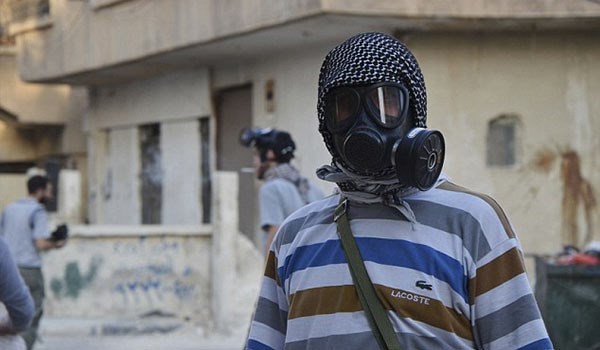
RNA - During the 84th session of the executive council of the OPCW on Wednesday, called on the organization to avoid politicizing the case of Syria, and condemned the terrorists' use of chemical weapons in Iraq and Syria.
He reminded of the Iranian victims of chemical weapons, underlining the need for beefing up efforts by OPCW members to reach a world free of chemical weapons.
He also recalled coincidence of the 30th anniversary of Iraq's chemical attack against the Iranian western city of Sardasht, in West Azarbaijan province, during the Saddam Hussein's imposed war against Iran, with the 20th anniversary of the OPCW establishment.
Iran has always stressed the urgent need for the dismantlement of the Weapons of Mass Destruction (WMDs), including chemical weapons, as it has been a victim of such weapons.
Tens of thousands of Iranians were killed and wounded by chemical weapons during the 1980-1988 Iraqi imposed war on Iran. Around 100,000 Iranians are still living with the effects, which include long-term respiratory problems, eye and skin problems as well as immune system disorders, psychological disorders, genetic disorders, and probably cancers.
Sardasht is a city in Northwestern Iran. According to the 2006 census, its population was 37,000. It lies in the West Azarbaijan province. It was the first city in which civilians were attacked with chemical weapons by former Iraqi dictator, Saddam Hussein during the imposed Iraqi war on Iran.
The population of Sardasht is Kurdish. Sardasht is also known for the many villages around it and their reliability on the city's market.
On June 28, 1987, Iraqi aircraft dropped what Iranian authorities believed to be mustard gas bombs on Sardasht, in two separate bombing runs on four residential areas.
Sardasht was the first town in the world to be gassed. Out of a population of 20,000, 25% are still suffering severe illnesses from the attacks.
847/940